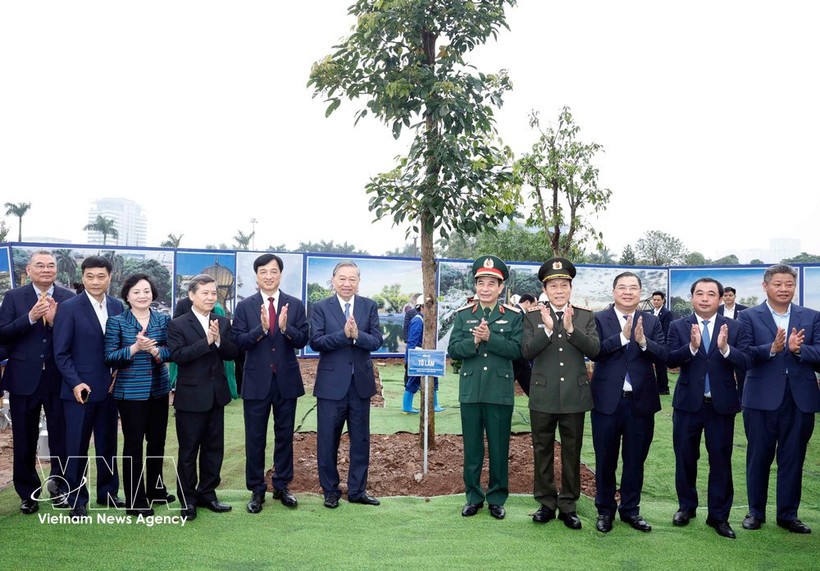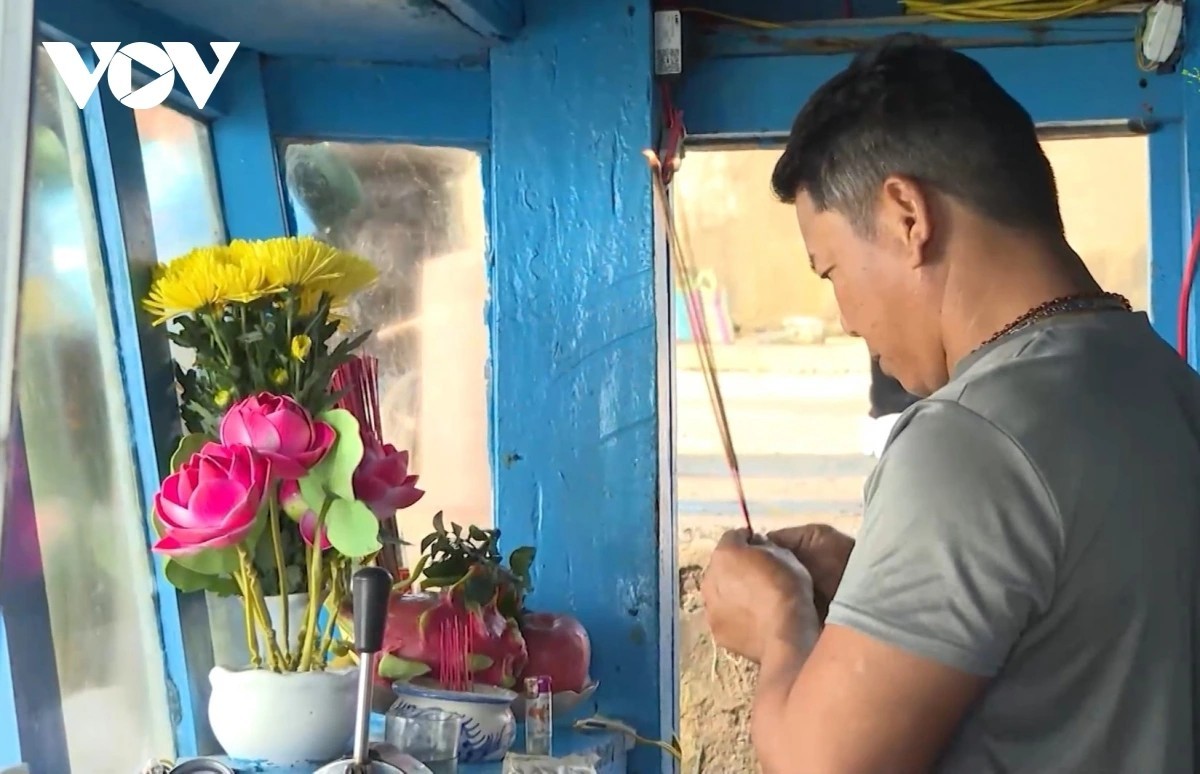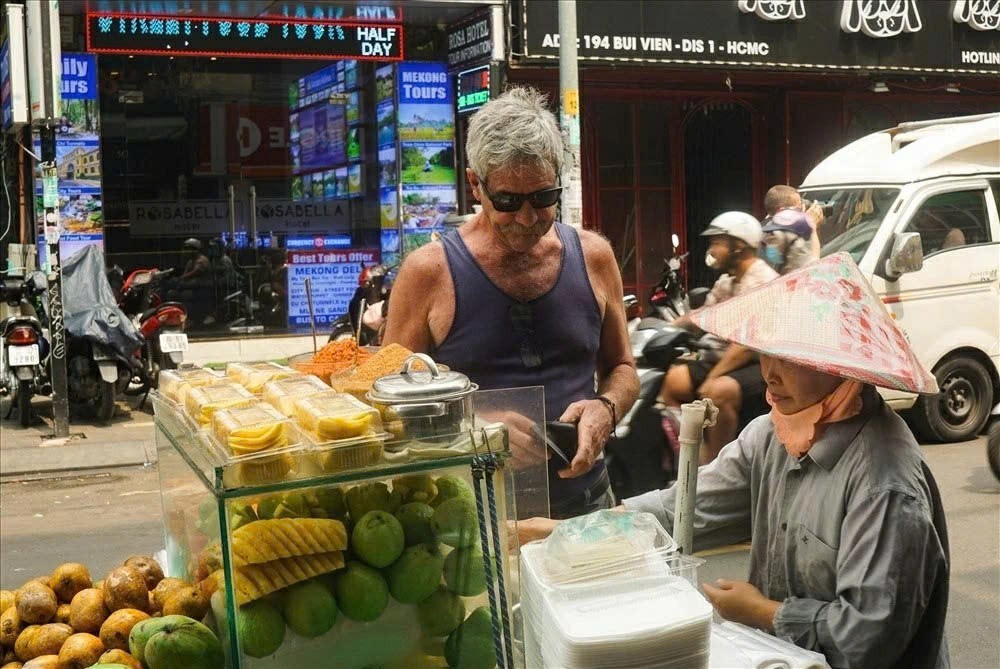India sending message of maintaining cordial relations with all countries
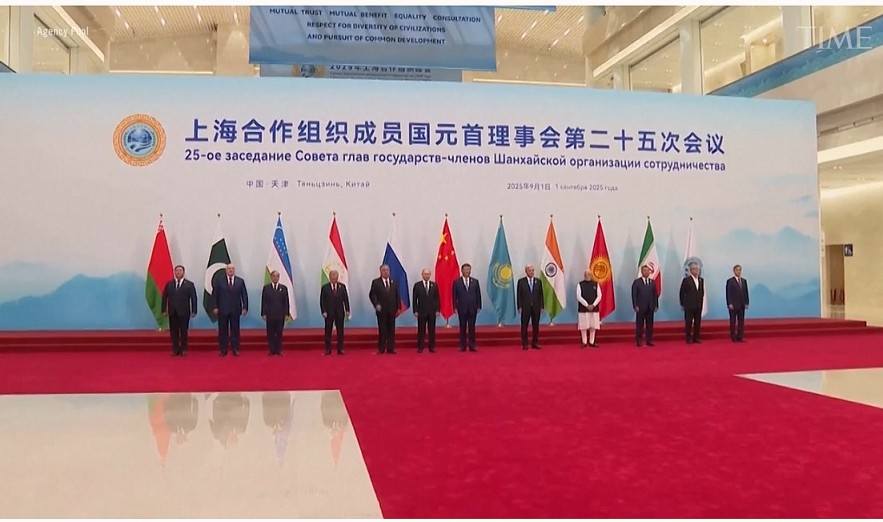 |
For over two decades, New Delhi’s foreign policy had shifted toward closer ties with the U.S. and the West, and gradually away from Russia. India had opened up economically to the U.S. and overcame its long-running reservations about deeper defense ties, joining The Quad alliance in 2007, and participating in joint military drills with America. But then came a reportedly tense Modi-Trump phone call in June and 50% tariffs last month, among the highest U.S. levy on any nation.
The relation of a India-China-Russia pact
The scenes from the 2025 Tianjin Shanghai Cooperation Summit had an overdose of bonhomie and brotherhood among three of the world’s four most powerful nations. But the SCO is a China-centric group that reflects the country’s expanding geopolitical influence, including in South Asia. That rather stark reality is not lost on Delhi.
SCO is not a forum that Delhi wants to pin its strategic hopes on. It is a regional organization that India will remain a part of, without making it a major foreign policy focus. And there are still many obstacles to a lasting rapprochement between India and China, including a long-running border dispute that flared up as recently as 2020-2021. While Tianjin hasn’t led to a Sino-Indian rapprochement, the summit underscores the message that the next time the U.S. decides to enlist India’s help in containing China’s rise, Delhi may be harder to convince.
A similar logic applies to Delhi’s approach to Moscow. Although India has reduced its defense dependence on Russia in recent years, Delhi remains the largest importer of Russian arms and U.S. pressure will not quickly change that. The Indian foreign policy elite has only become more convinced of the importance of maintaining the Russia card in their broader relationship with the U.S.
Ultimately, however, a Sino-Russian alliance against the U.S. is not where New Delhi wants to be. As for China, it remains India’s main strategic challenge—one that can only be addressed by balancing China’s rising power or by bandwagoning with it. The former is beyond Delhi’s current capacity, and the latter is not a course India is willing to pursue.
Put differently, India wants to strengthen its presence in the Indo-Pacific and increase engagement with the West and Southeast Asia.
But none of this will alter India’s grand strategic course. Delhi’s commitment to multialignment—maintaining cordial relations with all major players in the international system.
Most read
Recommended
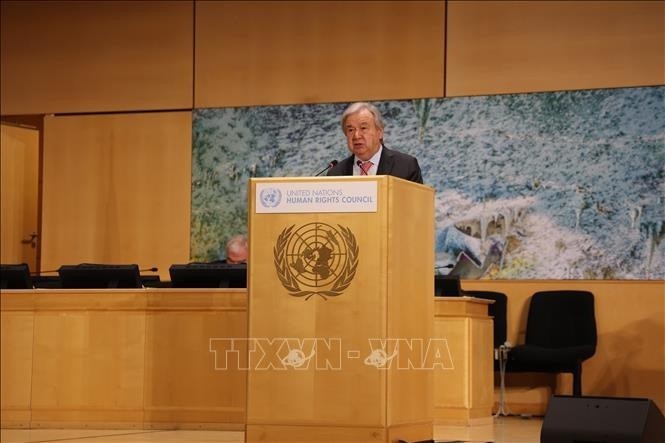 World
World
High-Level Segment of 61st Session of the UN Human Rights Council Opens in Geneva
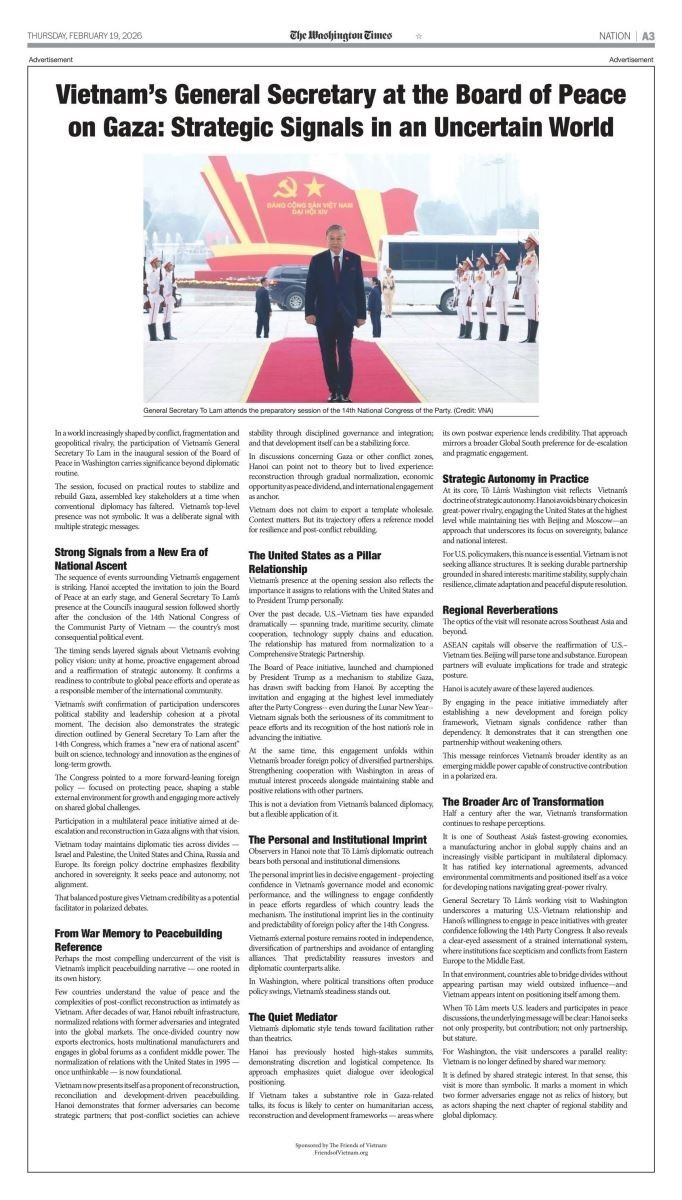 World
World
US Media Commend Vietnam’s Role in Global Peace Efforts
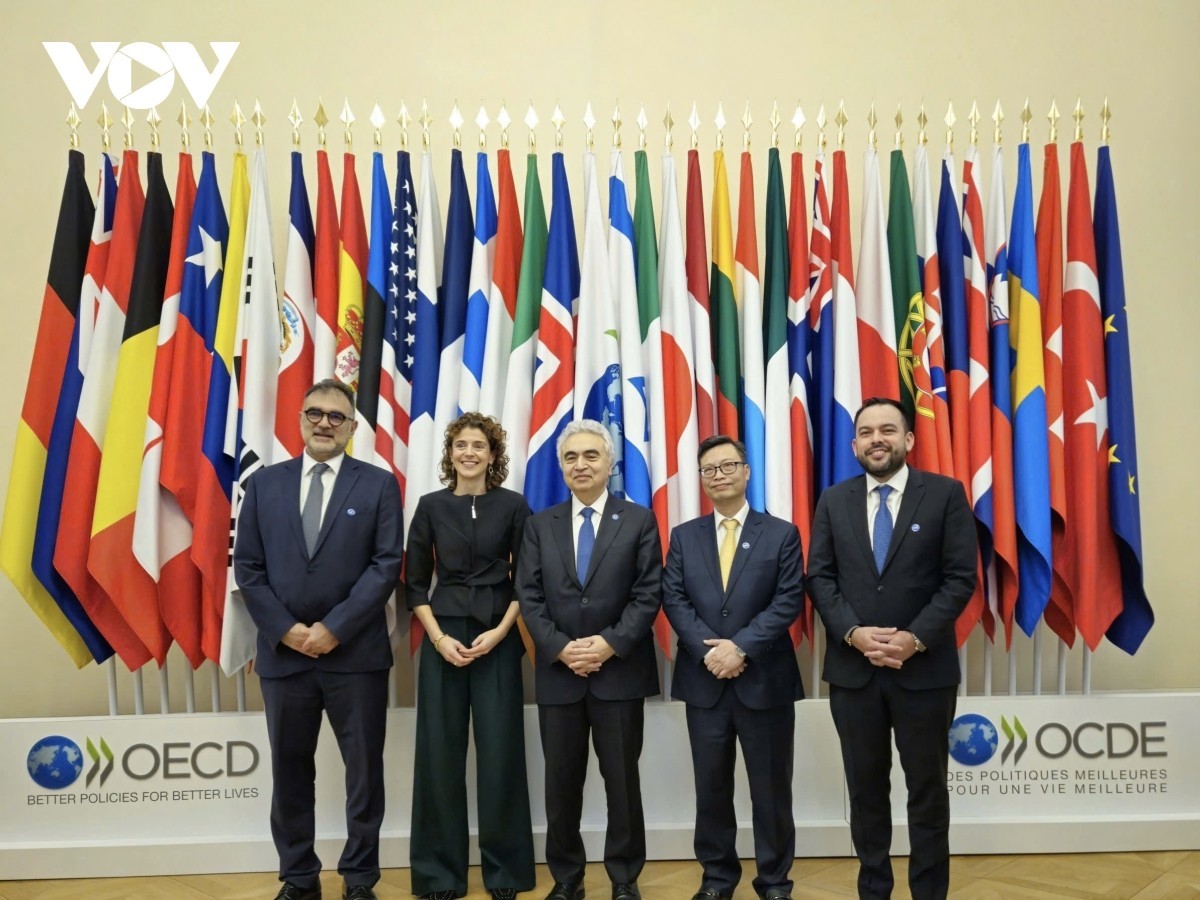 World
World
Vietnam Officially Becomes Association Country of International Energy Agency (IEA)
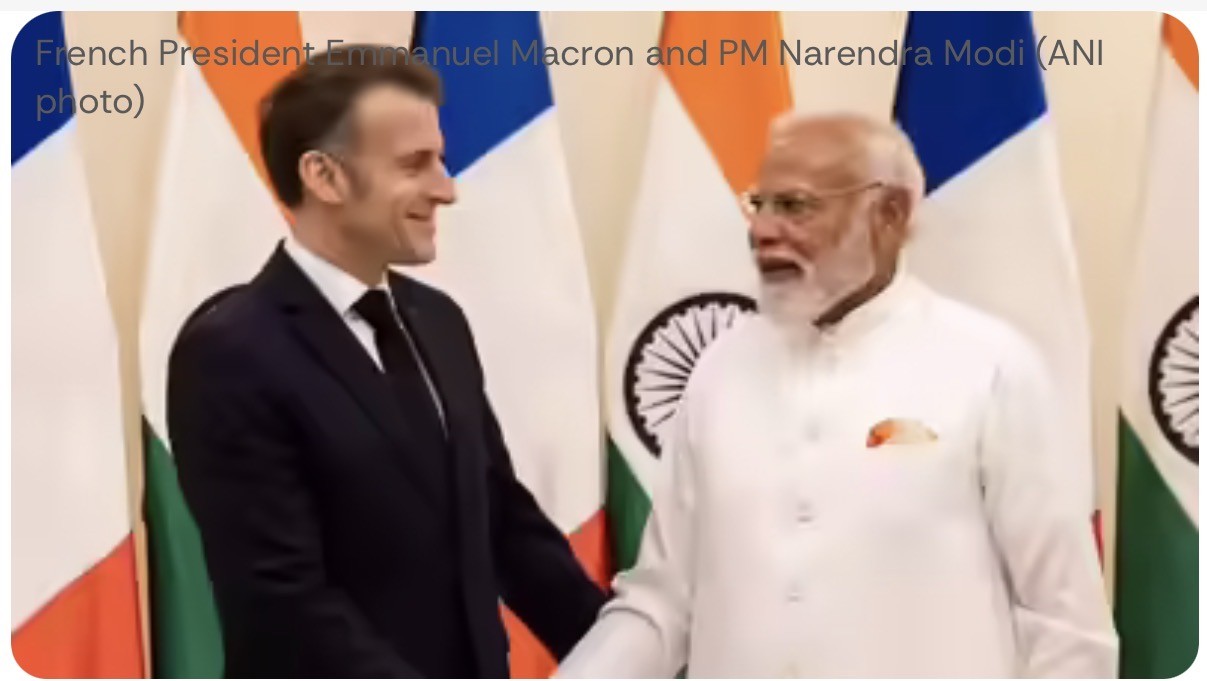 World
World
Key pacts signed as PM Modi hosts France's Macron for plane cooperation
Popular article
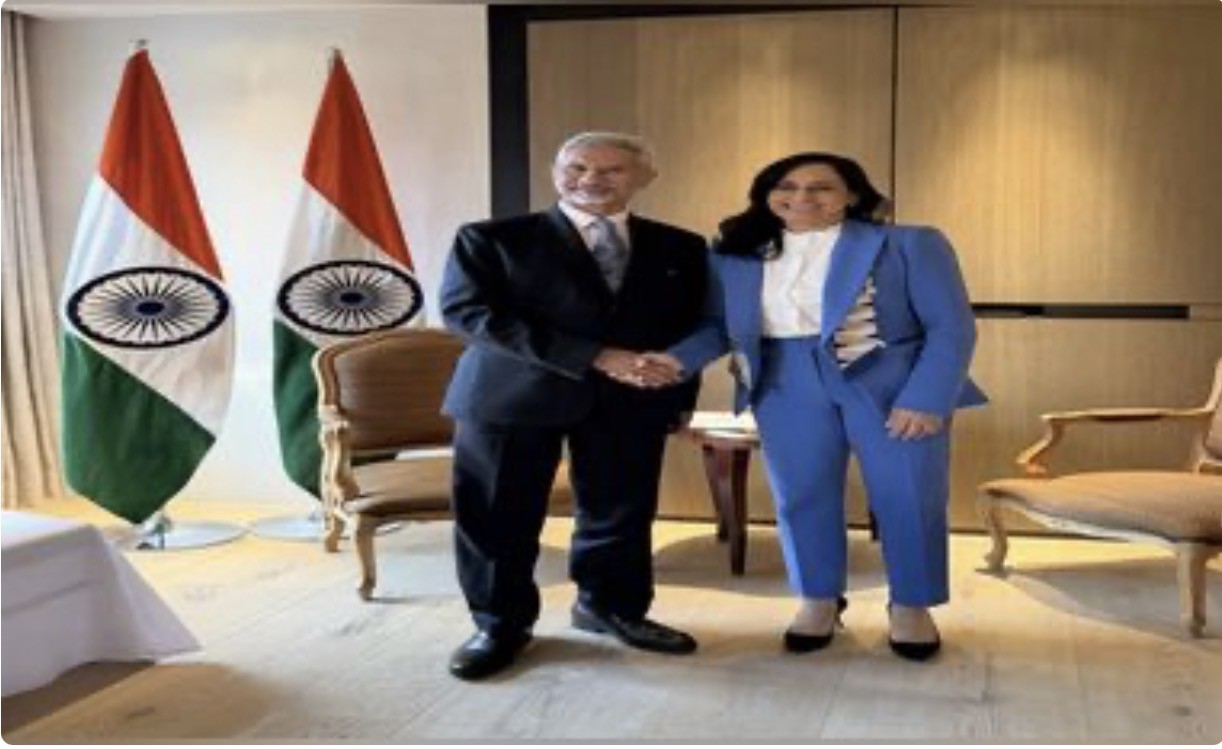 World
World
India, Canada commit to strengthening bilateral ties, discuss trade
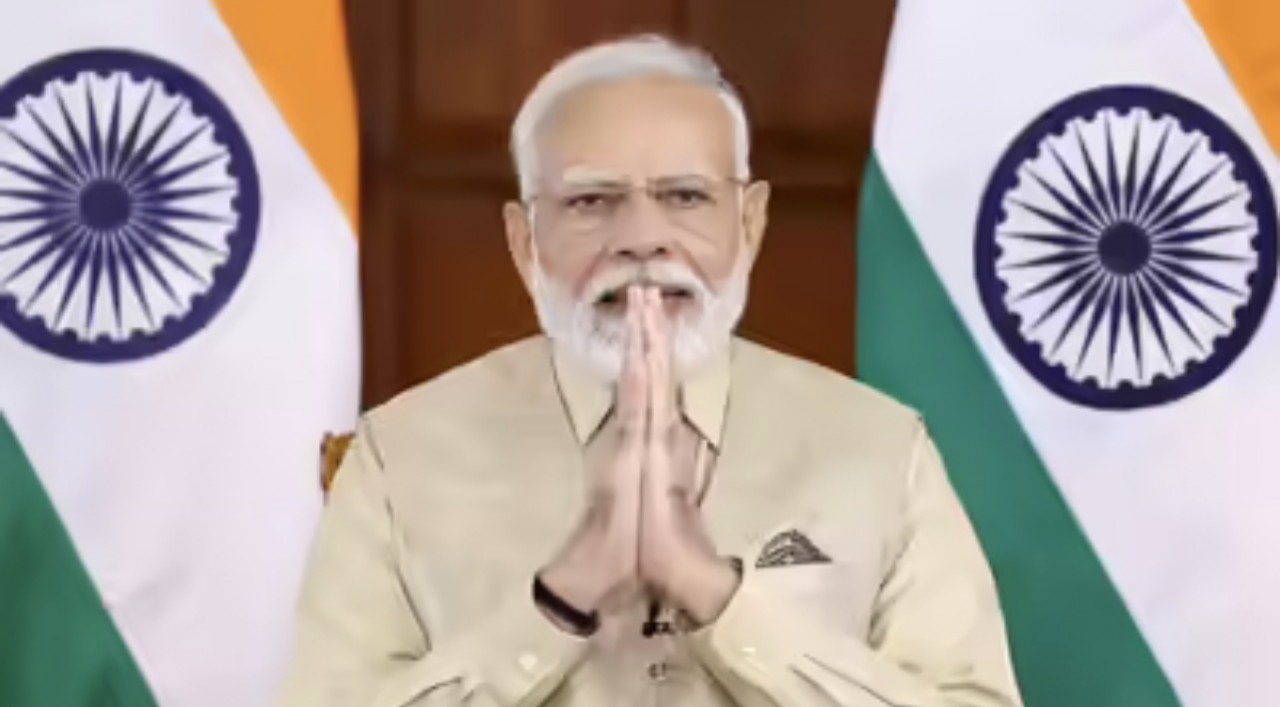 World
World
AI Summit India 2026 Live Updates: ‘Bringing the world together,’ PM Modi welcomes leaders as India hosts AI summit
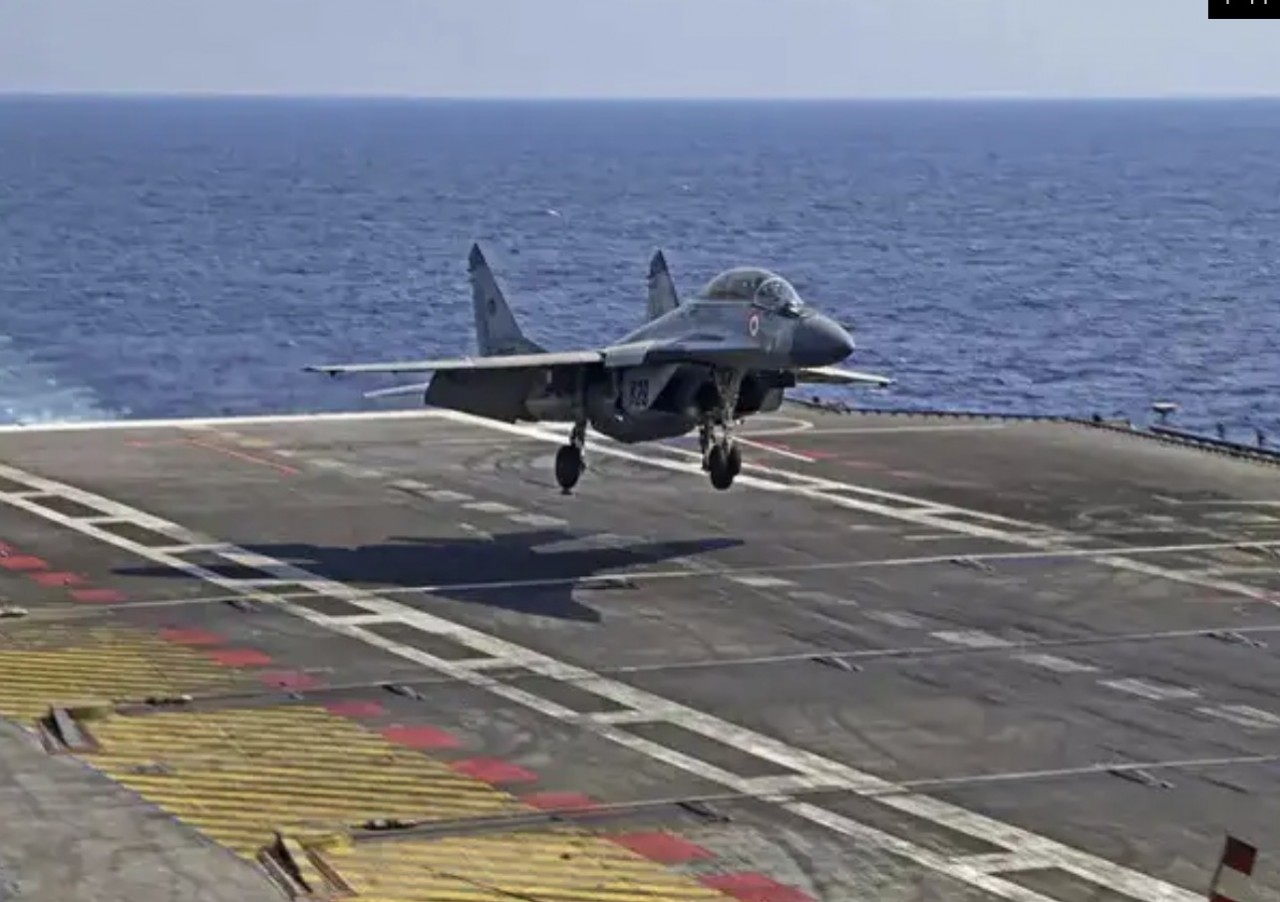 World
World
Safran ready to open India engine production in Rafale deal
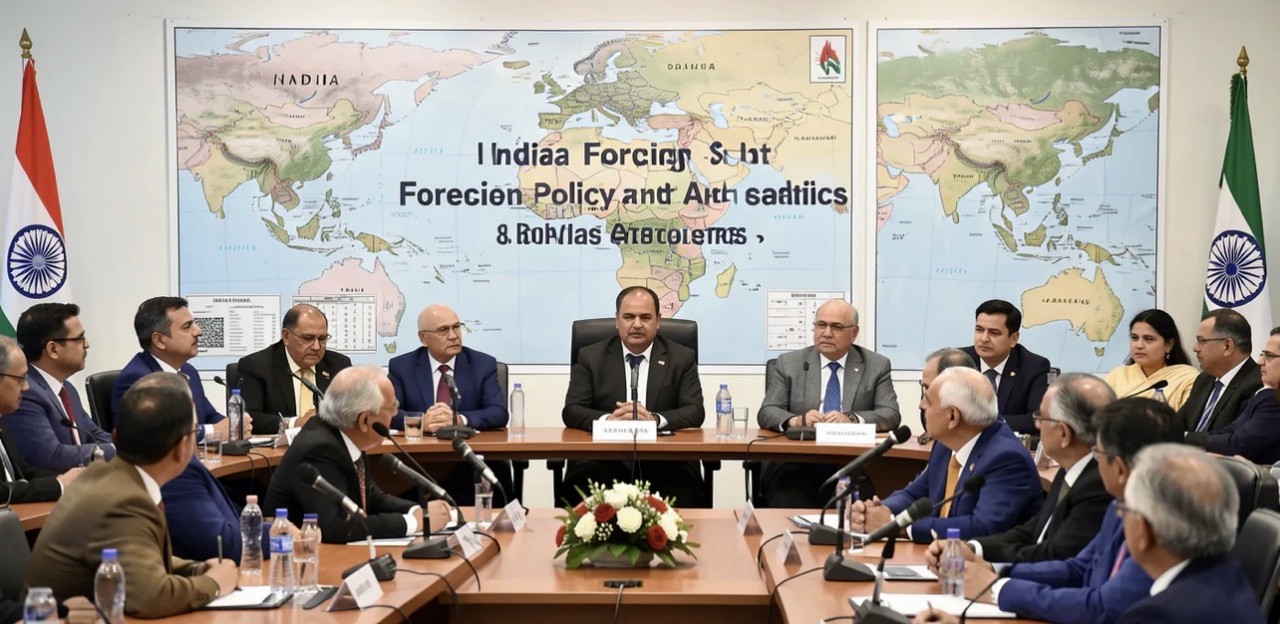 World
World




